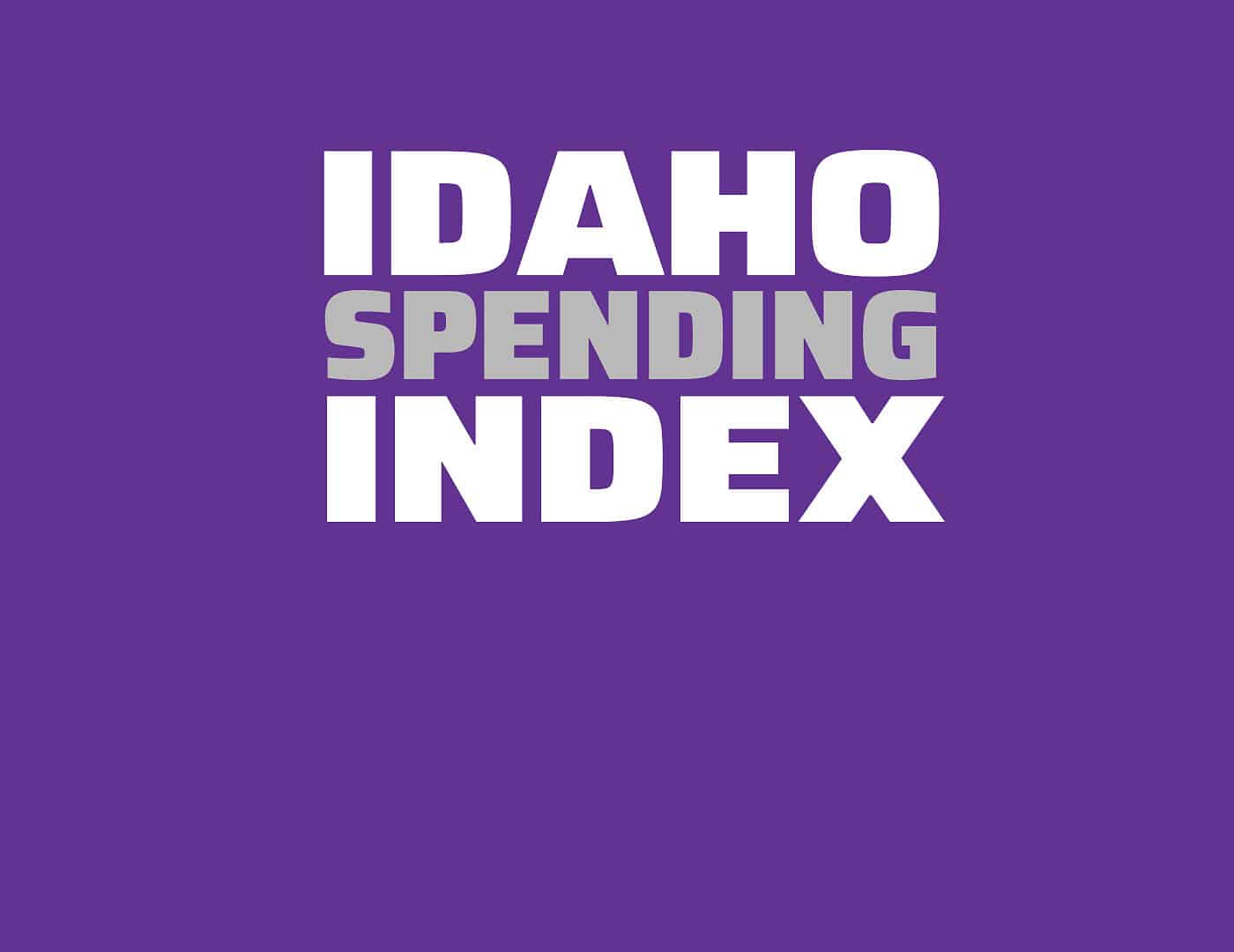


The Idaho Spending Index serves to provide a fiscally conservative perspective on state budgeting while providing an unbiased measurement of how Idaho lawmakers apply these values to their voting behavior on appropriations bills. Each bill is analyzed within the context of the metrics below. They receive one (+1) point for each metric that is satisfied by freedom-focused policymaking and lose one (-1) point for each instance in which the inverse is true. The sum of these points composes the score for the bill.
Analyst: Niklas Kleinworth
Rating: -4
Bill Description: House Bill 359 appropriates $102,963,100 and 658.76 full-time positions to the Idaho State Police for fiscal year 2024 and Supplementals for fiscal year 2023.
Does this budget incur any wasteful spending among discretionary funds, including new line items? Conversely, does this budget contain any provisions that serve to reduce spending where possible (i.e. base reductions, debt reconciliation, etc.)?
This legislation appropriates $18,100 in lab fees for the Idaho State Police, Racing Commission. These lab fees cover the cost of equine drug testing for competitions. The Idaho Quarter Horse Racing Association and the Eastern Idaho Horseman’s Association requested that more stringent drug testing requirements be adopted by the Racing Commission in 2018. Since then, competitors were responsible for paying the cost of the tests. This request would take the cost off the competitors and make it the responsibility of the Commission. This is a wasteful use of funds since it is a requirement for competitors to participate in their own sport. It should not be the responsibility of the Idaho taxpayer.
(-1)
Is the maintenance budget inappropriate for the needs of the state, the size of the agency, or the inflationary environment of the economy? Conversely, is the maintenance budget appropriate given the needs of the state and economic pressures?
This legislation sets the maintenance budget for the Idaho State Police at $95,900,800, growing from the base by 18.8% in the last three years. This rate is greater than what would be prescribed by inflationary pressures and growth.
(-1)
Does the budget grow government through the addition of new permanent FTPs or through funding unlegislated efforts to create new or expanded entitlement programs? Conversely, does this budget reduce the size of government staff and programs except where compelled by new legislation?
This legislation seeks to substantially increase the number of staff within the Idaho State Police by 22.66 full-time positions. These positions include brand inspectors, seven new records system specialists, two new commercial vehicle safety specialists, seven forensic scientists, ten positions to “combat fentanyl,” and a nurse for the SANE program. These positions significantly grow the overall size of government and ongoing spending. It will cost taxpayers more than $3,077,400 in salaries, benefits, and startup costs to add these new positions.
(-1)
Does this budget contain hidden fund transfers or supplemental expenditures that work to enact new policy or are not valid emergency expenditures? Conversely, are fund transfers only made to stabilization funds or are supplemental requests only made in the interest of resolving valid fiscal emergencies?
In the Police Division, the agency is requesting four supplemental items that would normally be considered line items or replacement items. The agency noted that this request was made in the interest of making orders for this equipment early to combat supply chain delays. However, the director noted that these are ongoing costs and the issues surrounding the supply chain are not a recent phenomenon. These requests should have been included in the 2023 original appropriation or as line items for the 2024 fiscal year.
In addition to replacement items, the POST Academy is requesting $550,000 in ongoing funding to cover a revenue shortfall. The POST academy receives a substantial amount of funding from court fines and fees but the revenue from these sources has been steadily declining over the years. The division noted that they have cancelled several classes, but still cannot make up the difference for the 2023 fiscal year. Though this would appear to be a genuine fiscal emergency, the legislature should be skeptical as to why the POST academy cancelled several of their classes and made cuts to their operations yet were still so far over budget for the 2023 fiscal year.
(-1)


